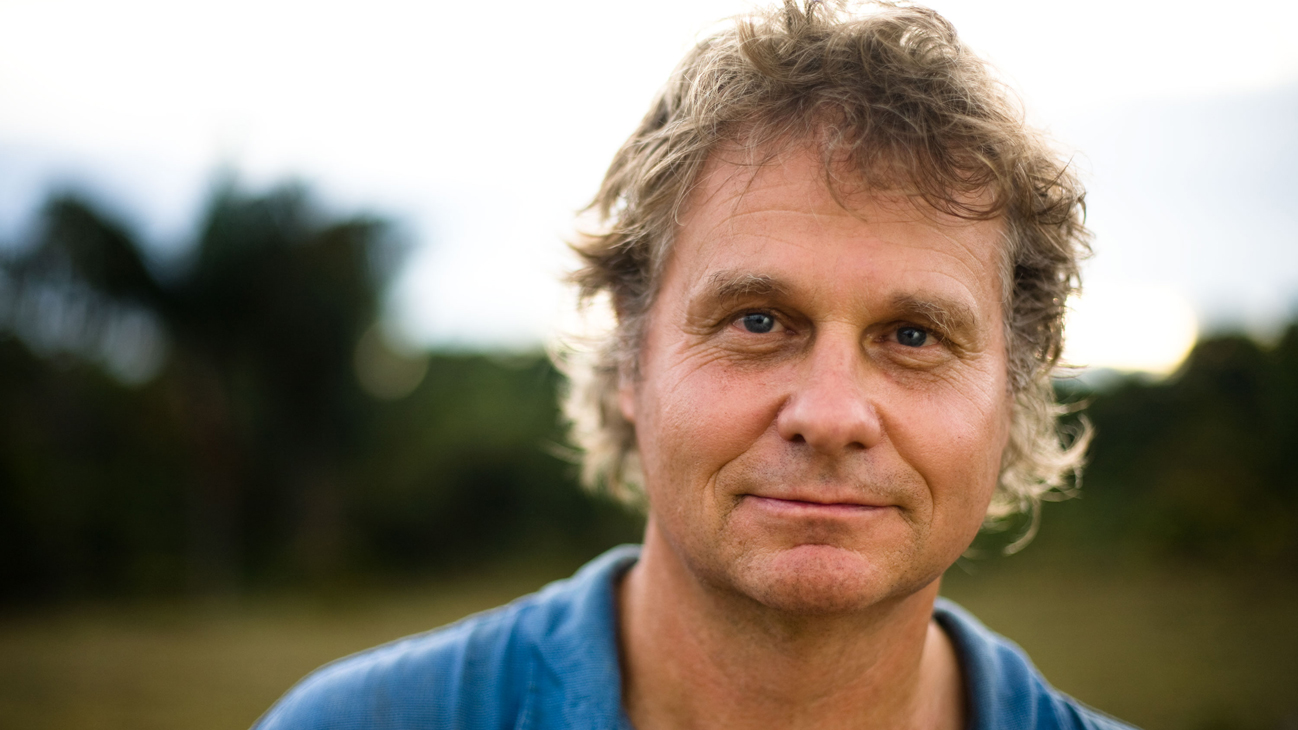Named by The National Geographic as one of the “Explorers for the Millennium,” Wade Davis’s work as an anthropologist and botanical explorer has taken him from the forests of the Amazon to the mountains of Tibet, from the high Arctic to the deserts of Africa…and now, to the classroom. In this Globe and Mail article, Wade comments on recently signing on as a professor at the University of British Columbia:
After studying plants in the Amazon and zombies in Haiti, renowned explorer, author and ethnographer Wade Davis might be expected to shun a tweedy professorial appointment.
It turns out, however, that Dr. Davis has not only signed on as a professor at the University of British Columbia, but is looking forward to sharing his passion for anthropology with bright-eyed undergraduates.
“When Gage first recruited me, I think he was surprised about the seriousness of my intent to teach undergraduates,” Dr. Davis said Wednesday at UBC, referring to UBC Dean of Arts Gage Averill.
“I have been through anthropology at Harvard, got very good grades – I graduated without knowing a single thing about anthropology, in all seriousness.”
In an effort to help UBC students avoid that fate, Dr. Davis said he plans to teach the subject in a way that gets students excited about people, culture and languages – whether those of the Haida people in B.C. or ancient Polynesian mariners – before they get bogged down in the finer points of, say, kinship analysis.
“It would be not just for [anthropology] majors but all young people who are curious and want to learn about the world around them … I want students to know why anthropology matters, why culture matters,” he said.
That engaging approach has helped make Dr. Davis a best-selling author and makes him a prize catch for UBC, which counts aboriginal engagement and cultural understanding among its strategic initiatives. Dr. Davis – the author of books including The Serpent and the Rainbow, an examination of Haitian voodoo, and Into the Silence, which delved into George Mallory’s ascent of Everest – is scheduled to arrive at UBC in July, 2014, as a professor in the department of anthropology. He will also be a research associated with the Museum of Anthropology, based at UBC’s Liu Institute for Global Issues.
He has been hired as a full professor with tenure. A UBC representative said his compensation is in line with that of other full professors at the university and has been approved by the UBC senate.
As part of his agreement, his teaching duties will be for half of each academic year to allow time for research and outreach in the field.
Born in Vancouver, Dr. Davis has degrees in anthropology, biology and ethnobotany from Harvard University and a strong connection to B.C., where he regularly spends time in the Stikine Valley in the northern part of the province.
He was among those who lobbied against development in an area known as the Sacred Headwaters – the headwaters of the Stikine, Nass and Skeena rivers – that was the subject of a three-way agreement between the B.C. government, the Tahltan Central Council and Shell Canada in 2012, through which Shell gave up its natural-gas tenures in the region.
At UBC, Dr. Davis is expected to advance global awareness of cultures and ecosystems at risk – a mandate that will inevitably thrust him into debates over proposed resource projects, including Enbridge’s Northern Gateway, as well as other mines and pipelines in B.C. and the rest of the country.
Polarized debate of the kind that has developed around the Northern Gateway project has diverted attention from other proposals and issues that merit attention, he said, including questions relating to how development of Alberta’s oil resources can become more efficient and less environmentally damaging.
He also wants more national discussion around resource development and revenue sharing, saying that mining developments in the Tahltan area of northern B.C. have not resulted in social or economic benefits to the Tahltan that are in line with the value of resources taken out of the region.
About to return to academia, he also says he is open to a political role, should that opportunity arise.
“I just turned 60 and I have got a lot of energy but if ever I am to play a role, a more prominent role, in my country’s future, it would be now. So I’m open to anything that can happen that would allow me to be part of a national dialogue, particularly on resource issues.”

